Our study on infants’ curiosity-driven learning study has received an in-principle Stage 1 acceptance at the Developmental Science journal. The study will recruit 18-month-old infants to take part in the gaze-contingent eye tracking lab experiment exploring the proposed benefits of active learning as compared to passive learning on information retention. The data collection is about to begin at the Lancaster University Babylab pending pandemic restrictions easing.
Bazhydai, M., Jones, S. D., & Westermann, G. (Registered Report Stage 1 in-principle acceptance, April 2020). Does curiosity enhance word learning in 18-month-old infants? Developmental Science. Pre-print protocol available here.

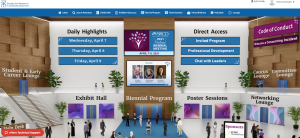
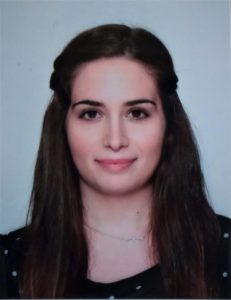 Elena Gkari is a Master’s student on the
Elena Gkari is a Master’s student on the 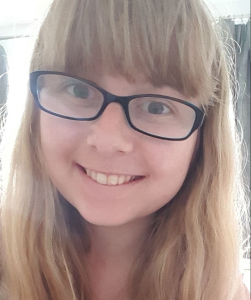 Freya Hill is studying on the
Freya Hill is studying on the 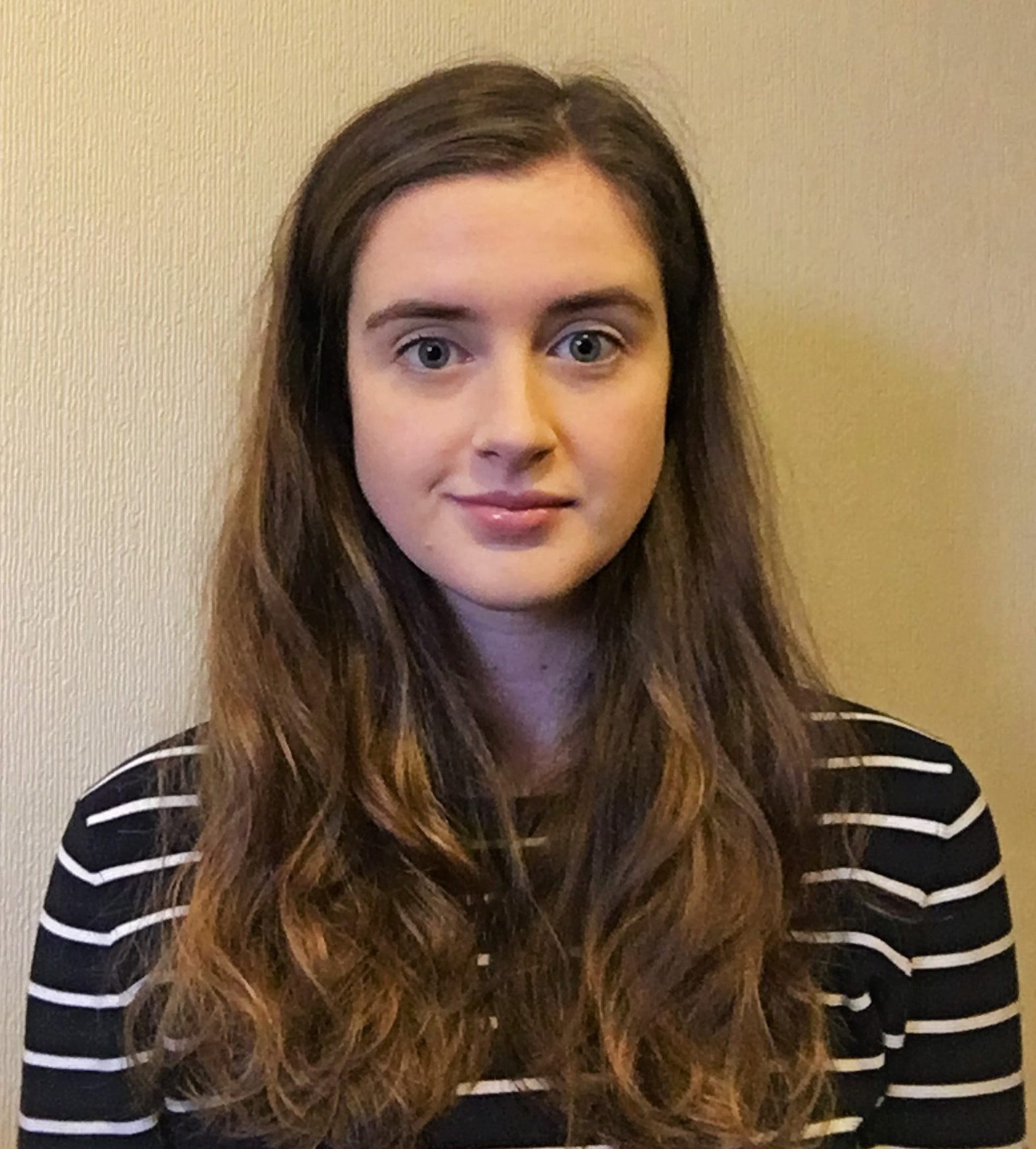
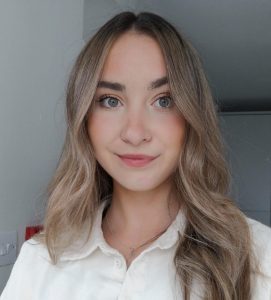 We welcome Ellie and Maddy as the Department of Psychology Employability Programme (PEP) research students for 2020-2021. They will be involved in the curiosity in social learning projects in the lab.
We welcome Ellie and Maddy as the Department of Psychology Employability Programme (PEP) research students for 2020-2021. They will be involved in the curiosity in social learning projects in the lab.